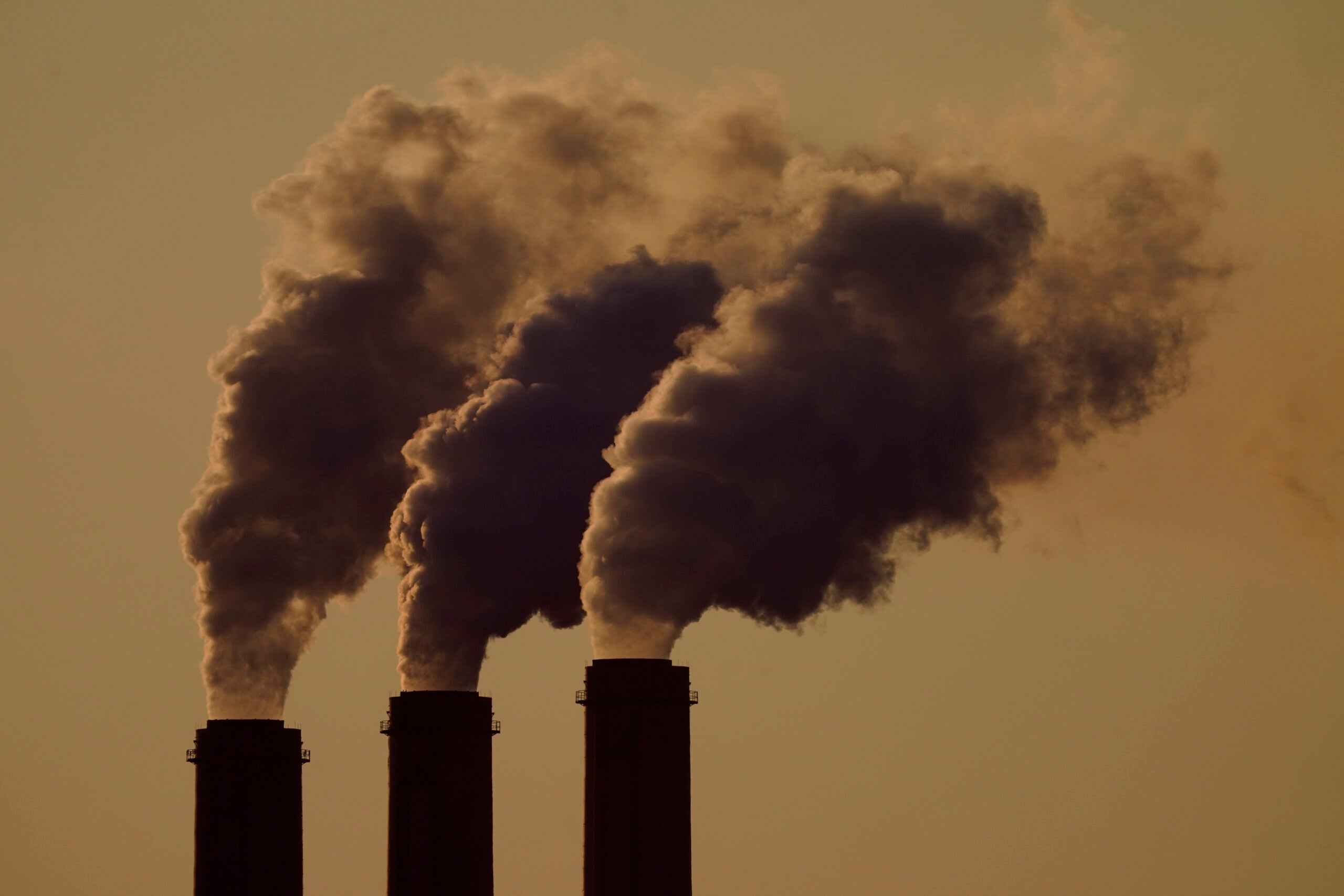An elections law expert outlines the problem with having no affirmative constitutional right to vote in the United States. Then, what a Supreme Court case about air pollution could mean for Wisconsin. Plus, why platforms like YouTube and TikTok are winning the streaming wars.
Featured in this Episode
-
The right to vote isn't actually enshrined in the U.S. Constitution
Unlike Canada and other countries, the United States does not have an affirmative right to vote in its constitution. A law professor makes the case for a universal right to vote ahead of another contentious election year.
-
Supreme Court hears challenge to EPA's "good neighbor" rule
An environmental policy that seeks to reduce air pollution drifting to neighboring states is being challenged in the Supreme Court. We learn what could be at stake for “downwind” states like Wisconsin.
-
YouTube and TikTok emerge as TV's biggest competitor
Nielsen data shows that the top streaming service on home televisions is not Netflix or Hulu but YouTube. Two UW–Madison media studies professors join us to explore how the video social media platforms like YouTube and TikTok are becoming the top competition for the television and movie industries.
Episode Credits
- Rob Ferrett Host
- Rick Hasen Guest
- Steph Tai Guest
- Jonathan Gray Guest
- Derek Johnson Guest
- Dean Knetter Producer
- Tim Peterson Producer
- Lorin Cox Producer
- Richelle Wilson Producer
- Sarah Hopefl Technical Director
Wisconsin Public Radio, © Copyright 2024, Board of Regents of the University of Wisconsin System and Wisconsin Educational Communications Board.

